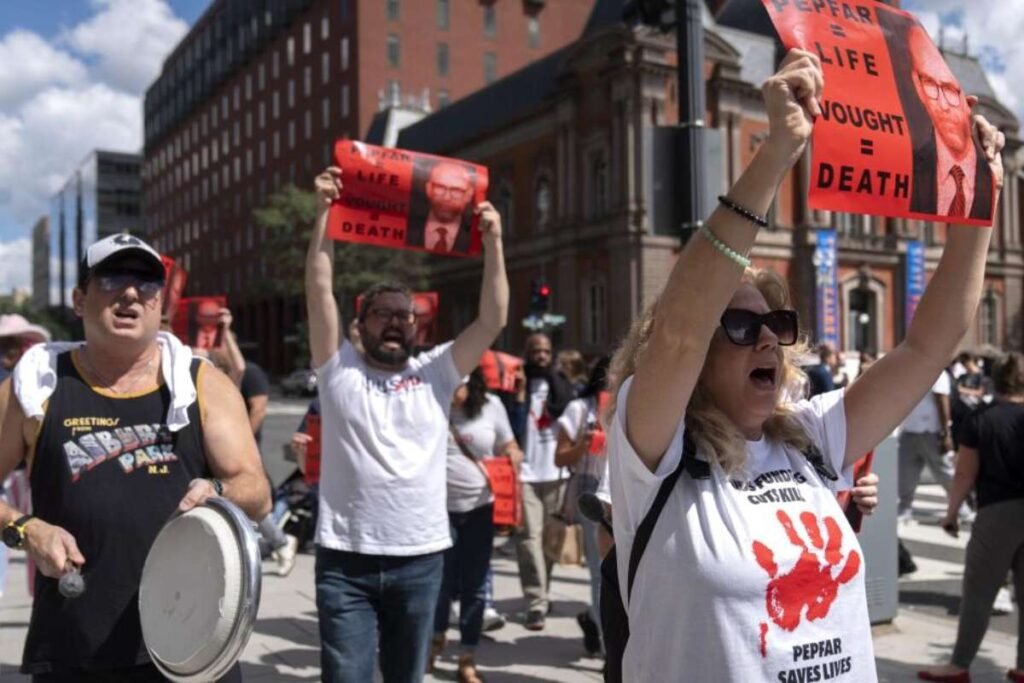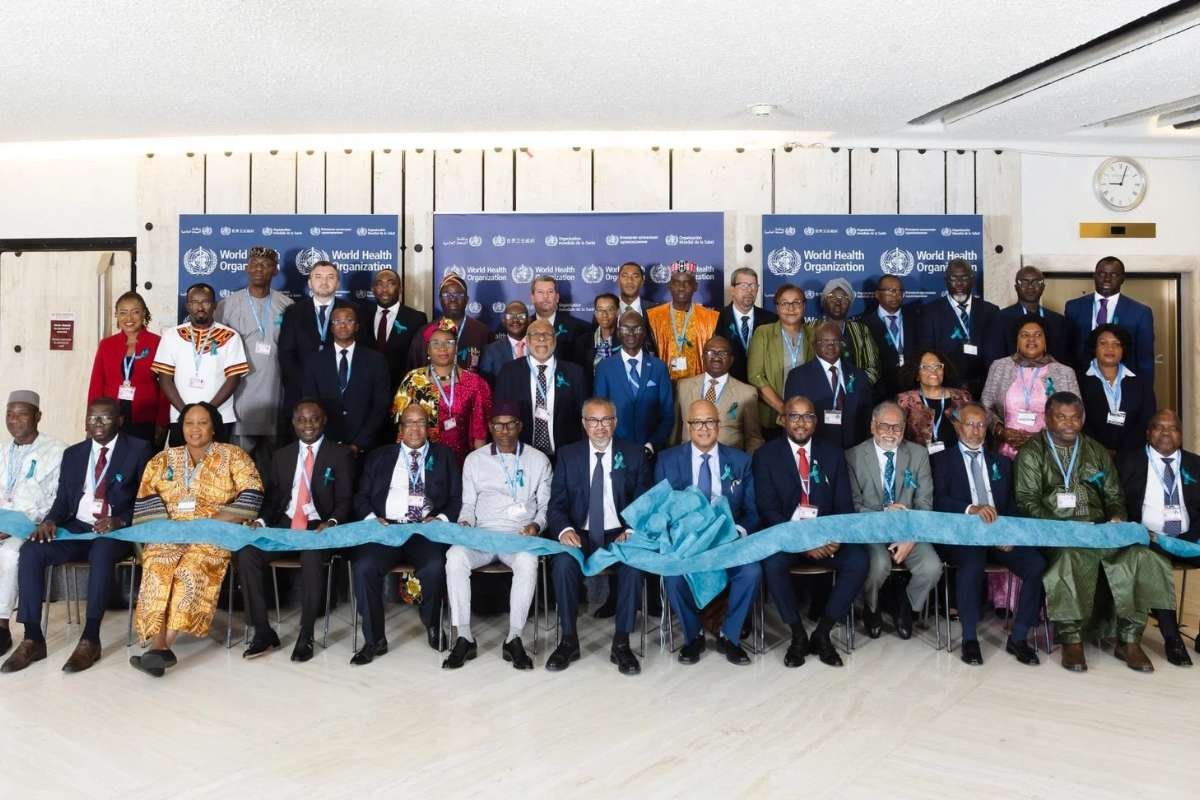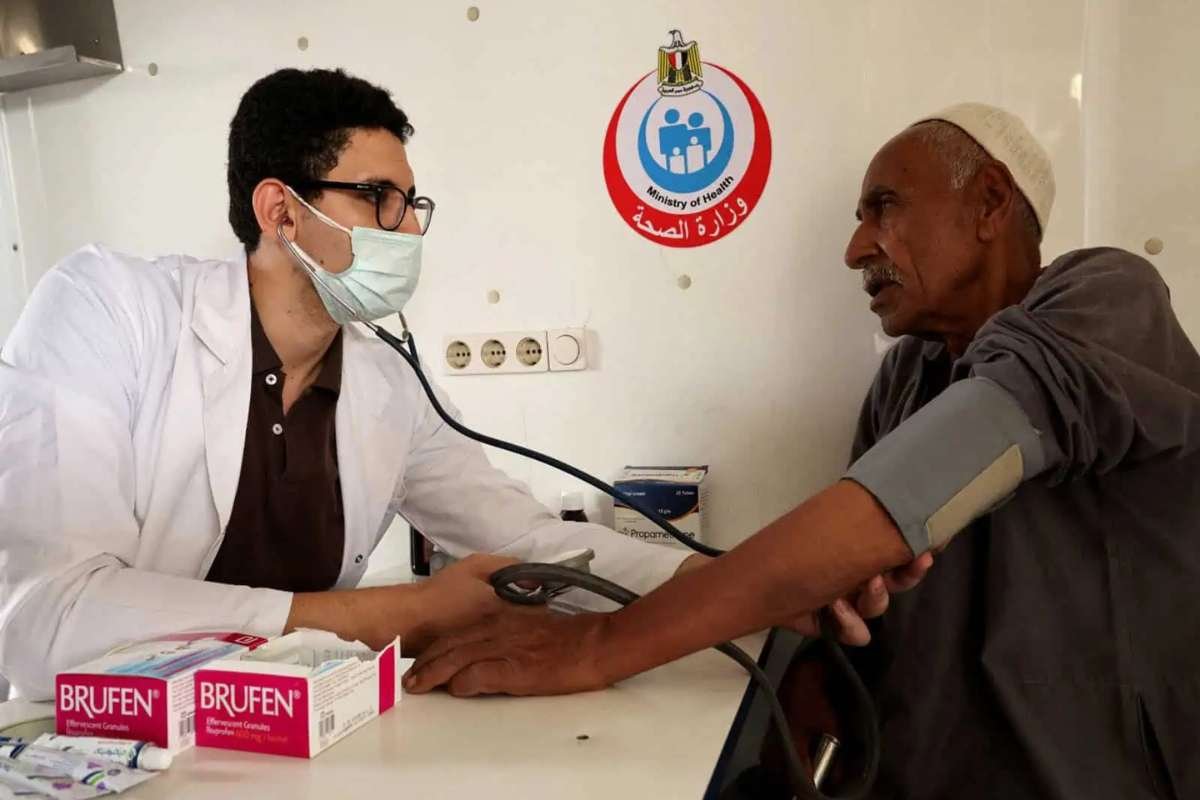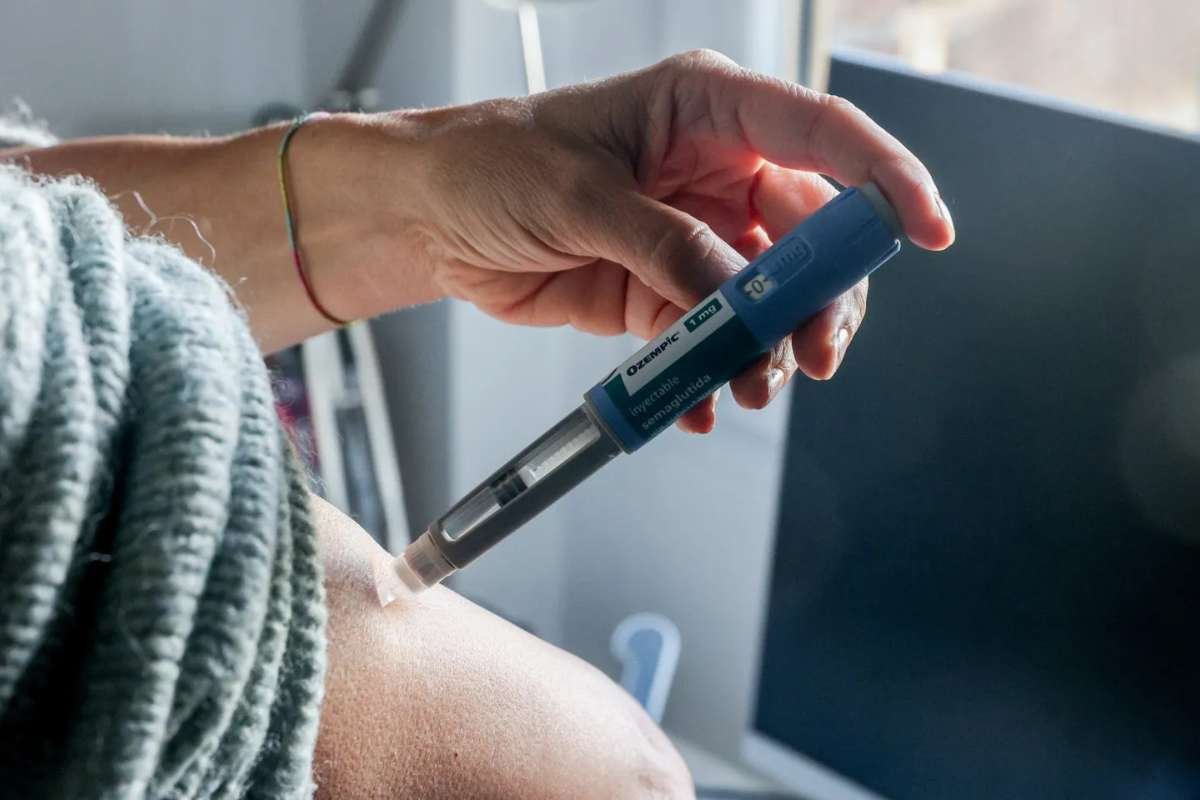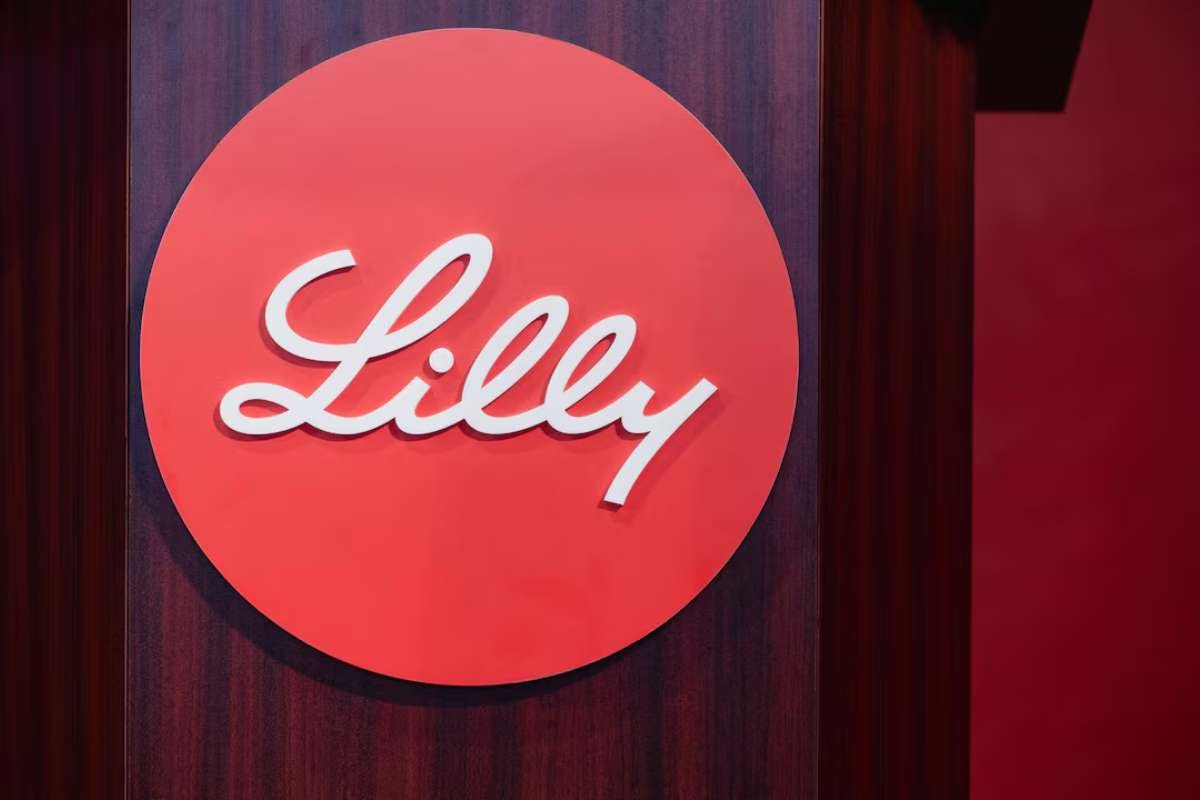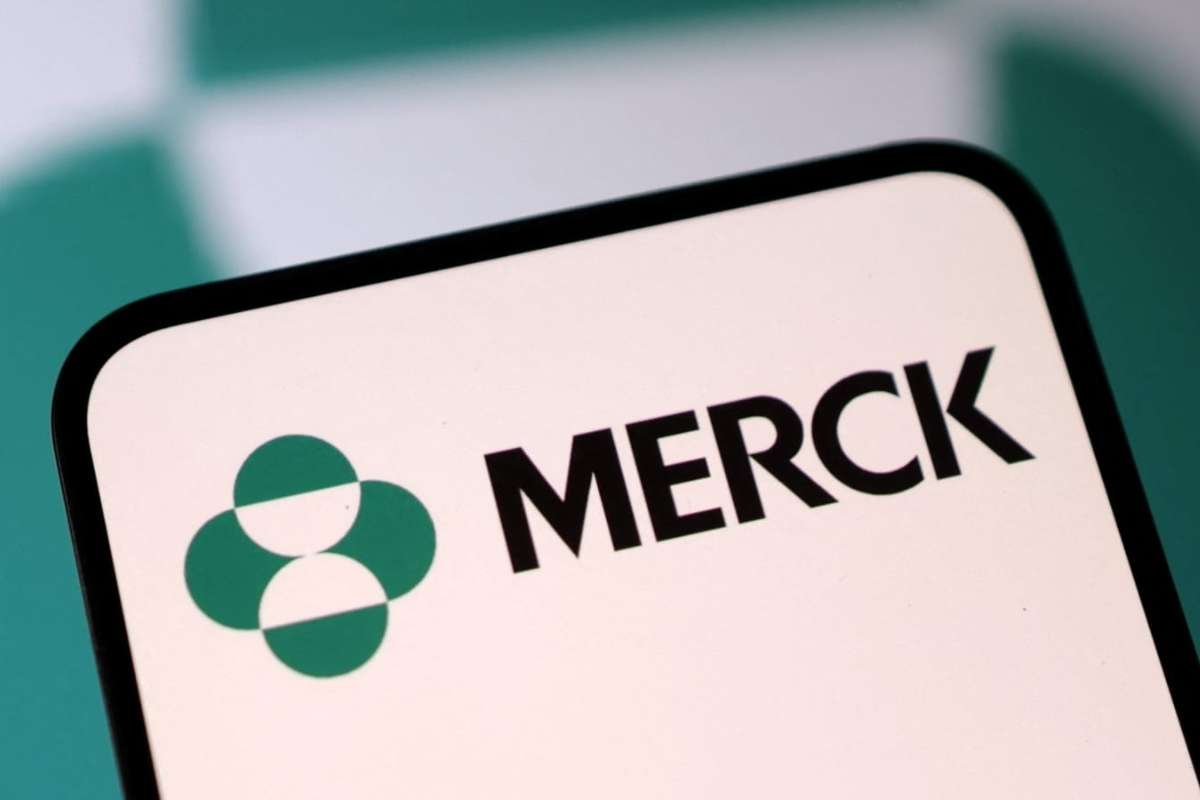The United States announced Thursday it will purchase enough doses of a new HIV prevention drug to reach up to 2 million people in low- and middle-income countries by 2028. The initiative aims to expand access to lenacapavir, a twice-yearly injectable drug that offers significant protection against HIV.
The move comes amid concerns about global access to HIV prevention drug tools after foreign aid cuts earlier this year disrupted health services and testing in several countries. Under the new plan, the U.S. will acquire the doses through the President’s Emergency Plan for AIDS Relief (PEPFAR) and coordinate distribution with local governments in regions most affected by the virus. Priority will be given to protecting pregnant or breastfeeding women.
Collaboration With Global Programs
Jeremy Lewin, a senior State Department official, said the effort will be conducted in partnership with the Global Fund, an international organization that supports HIV treatment and prevention initiatives. “We’re hoping, with the Global Fund, to help 2 million people get on the medication over the next three years, but there is potential to reach even more,” Lewin said.
The U.S. government did not disclose the exact financial investment, but experts noted the step marks a significant expansion of preventive care in countries struggling with HIV outbreaks. Gilead Sciences, the manufacturer of lenacapavir, had already committed to selling the doses at no profit for low- and middle-income nations, addressing long-standing concerns about cost barriers in regions most affected by the disease.
Lenacapavir Offers New Hope in HIV prevention drug
Lenacapavir represents a major advancement in pre-exposure prophylaxis, or PrEP, a strategy for preventing HIV in high-risk populations. Unlike daily oral pills, lenacapavir is administered via injection every six months, reducing the risk of missed doses. Clinical studies have shown the drug to be highly effective, with near-complete prevention of new infections among participants at elevated risk.
The HIV Prevention Drug has received regulatory approval in both the U.S. and Europe, and Gilead has partnered with generic manufacturers to produce affordable versions for poorer countries, primarily in Africa, Southeast Asia, and the Caribbean. The current U.S. purchase is expected to serve as a temporary measure until generics become widely available.
Globally, HIV continues to pose a major public health challenge. The United States records roughly 30,000 new infections annually and has 1.2 million people living with the virus. Worldwide, there are an estimated 1.3 million new infections each year, with nearly 40 million individuals living with HIV.
In March, the head of the United Nations AIDS agency called on the U.S. government and Gilead to ensure global availability of the preventive shots, highlighting the urgent need for scalable interventions in regions with high infection rates.
Expanding Access in Hard-Hit Regions
The initiative is particularly focused on countries with limited healthcare infrastructure where access to testing and treatment has been disrupted. By targeting high-risk populations and providing a long-acting preventive option, officials hope to reduce new infections while strengthening local health systems.
Health advocates praised the announcement as a critical step toward achieving broader global HIV prevention drug goals. The six-month dosing schedule of lenacapavir could improve adherence compared with daily pill regimens, a key factor in the effectiveness of PrEP programs.
The U.S. purchase of lenacapavir doses represents a coordinated international effort to address persistent disparities in access to HIV prevention drug n. By bridging the gap until generic versions are widely available, the program aims to protect millions and curb the spread of the virus in vulnerable communities.
Also Read :- HIV Prophylaxis: Lenacapavir Shows Promising Results

